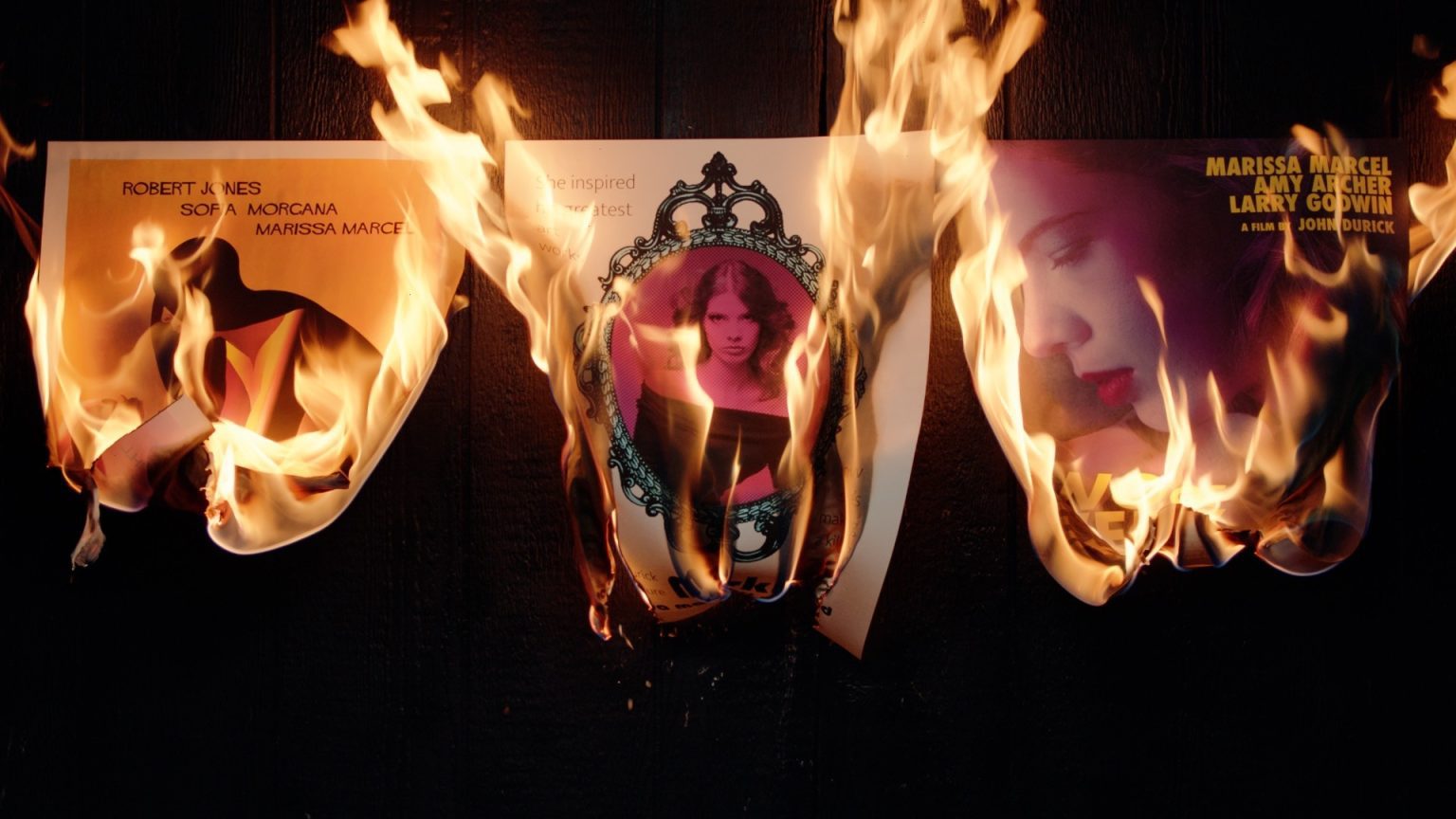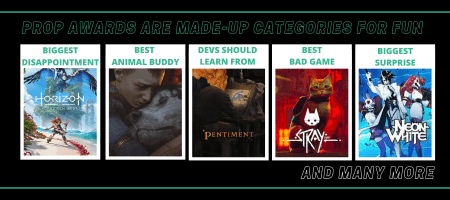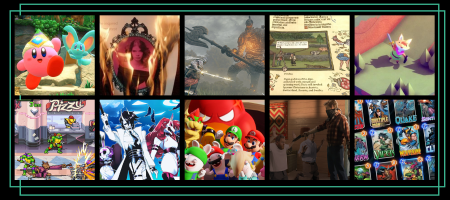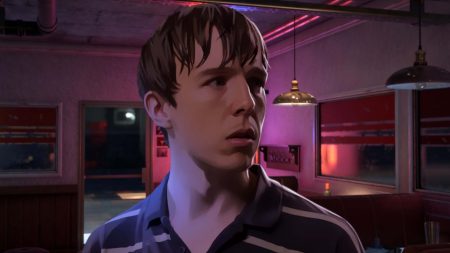Welcome to Punished Notes, Volume 25, and happy spooky season to all who celebrate! In this edition, I’ll go over some of my favorite games I’ve been playing recently, including a great Nintendo sequel, a solid indie spinoff, and arguably one of the most incredible experiences I’ve ever had while holding a controller. Also, I’ll talk a bit about the show with dragons and incest (the new one, not the old one).

Splatoon 3 Is the Good Version of “More of the Same”
Splatoon 3 doesn’t really present anything especially new or innovative, but it sharpens the franchise’s core mechanics and systems to the point where it has become unambiguously the best game in the series, and arguably one of the best Switch exclusives overall. Sure, fans might have wanted a bit more after five years of waiting for another sequel, but “more of the same with some tweaks” doesn’t have to be a bad thing.
Much like previous entries, Splatoon 3’s main draw lies in its online multiplayer, and while there are still plenty of kinks to work out (online MP has never been Nintendo’s strong suit), the actual gameplay is as fun and engaging as ever. The maps in Turf Wars present a wide variety of strategies, new weapons like the Tri-Stringer and Splatana add new tactical elements to each contest, and a wealth of customization options for the player makes every online match brim with style and pizzazz.
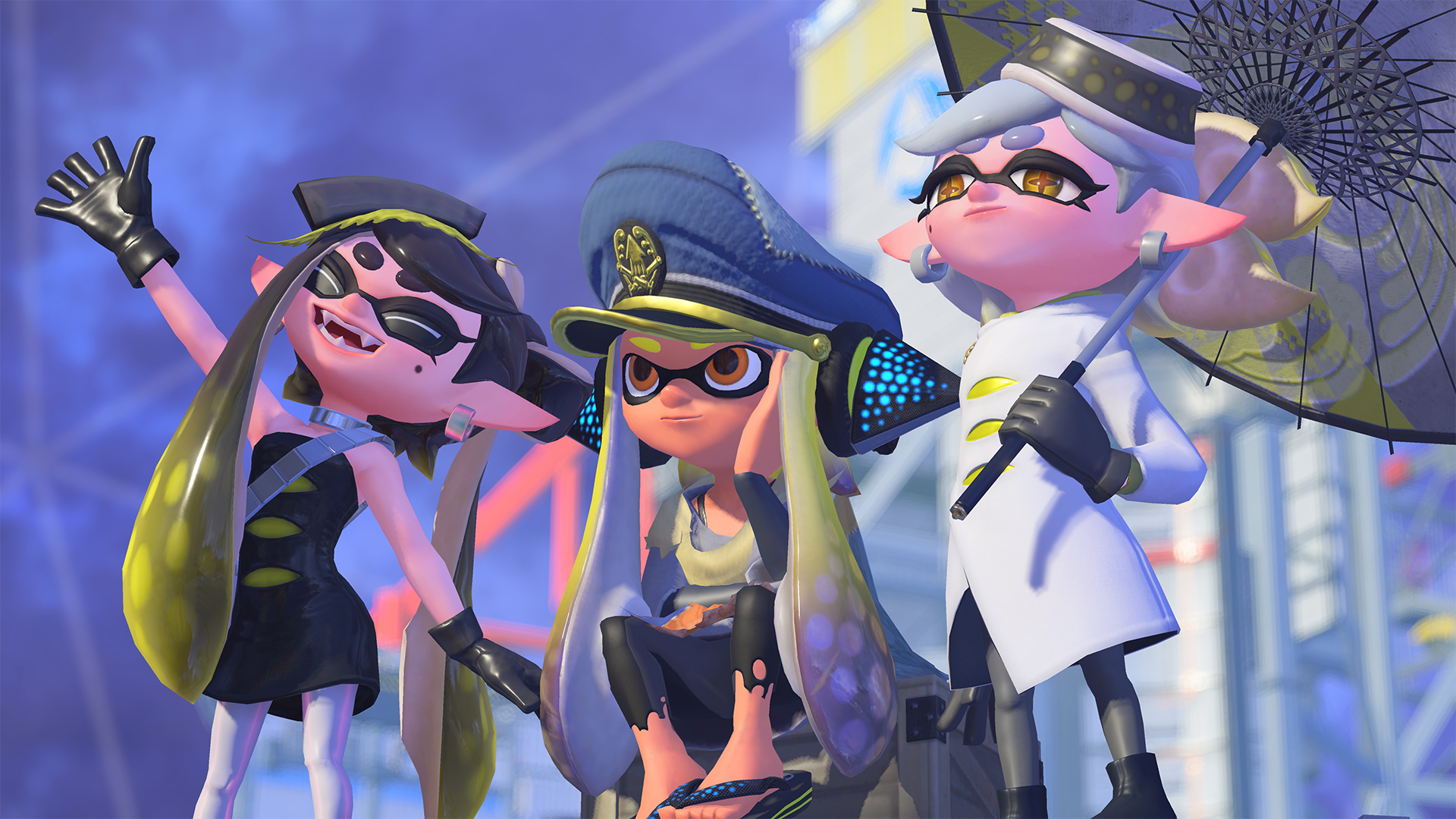
Players can see the most notable improvements in Splatoon 3 (compared with Splatoon 2) in both the single-player story and Salmon Run PvE mode. I’ve long maintained that Splatoon as a franchise has great solo campaigns with fairly inspired level designs, but the presentation of such levels implies that Nintendo views them more as glorified tutorials for newcomers (besides Splatoon 2: Octo Expansion, which is one of my favorite DLC expansions ever) than as essential content.
Splatoon 3, however, expands on previous entries’ single-player offerings, with a delightful and explorable overworld, unique challenges, a more involved (though still not that great) plot, and one of my favorite final boss fights in the series. It’s still structured largely the same way as in previous games, and I can’t say in all honesty that all of the levels are fully original, but they’re a blast either way.
When it comes to Salmon Run, a horde mode where a team of four players battles against freakish-looking salmonids in order to steal their eggs for some reason, Splatoon 3 made a key adjustment: making the mode available at any time instead of just at certain times of the day (it is still unclear to me, all these years later, why Nintendo did this with Splatoon 2). As a result, I’ve found myself playing Salmon Run way more this time around, especially since the new types of boss salmonids make each run extra tense and challenging.
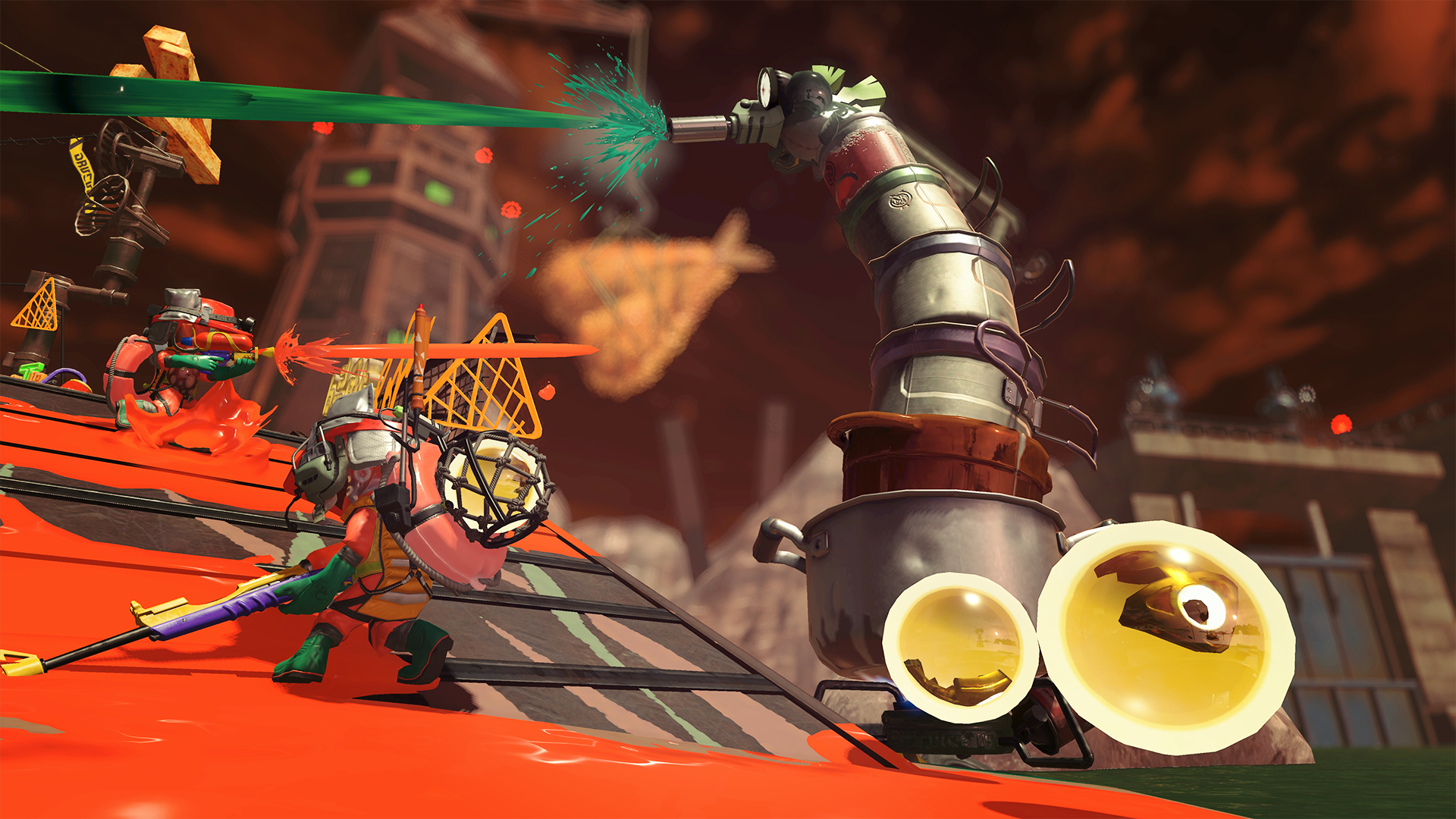
In addition, while this is difficult to explain fully, everything just feels a little better in this game. The weapons feel more accurate, the matches seem more fun, the ink is more visually appealing, and the new fashion accessories feel more varied. You’re still mostly doing the same things in Splatoon 3 as you were in Splatoon 2, but that extra bit of polish seems to go a long way.
While I can’t help but feel a tad disappointed that Nintendo didn’t take any big swings with this one (except for the addition of the underrated Tableturf card game and controversial tri-color Splatfest matches), I appreciate that Splatoon 3 fixed many of the issues I had with previous games in the series and didn’t compromise on the overall experience. Now let’s see if I can actually win a damn Splatfest at some point.
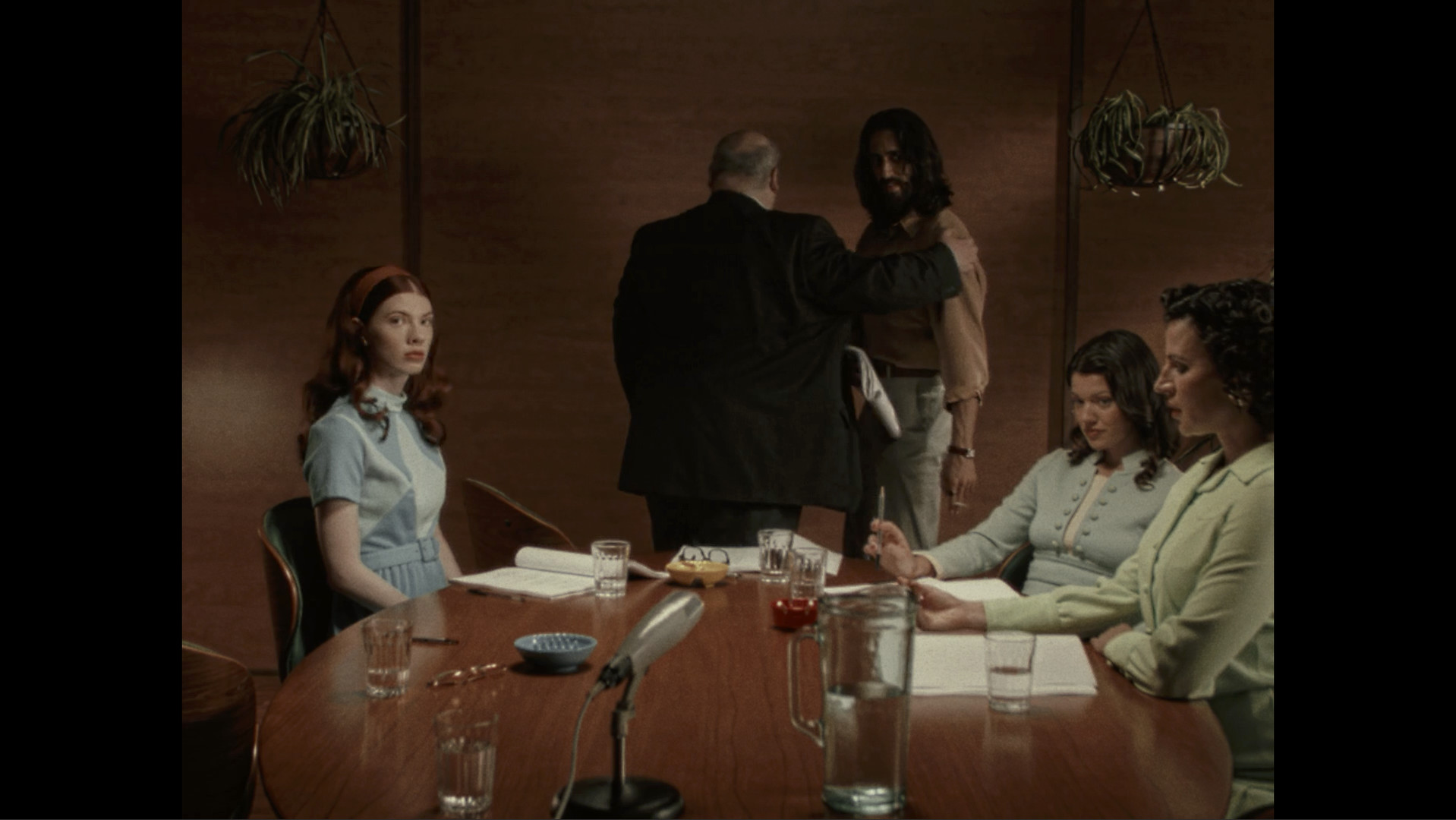
Immortality is Easily 2022’s Most Incredible Game
Don’t worry, this section is spoiler-free.
Sam Barlow’s latest effort Immortality, a full-motion video experience where players must look through unreleased film footage to discover the fate of fictional actress Marissa Marcel, absolutely blew me away from start to finish. It achieves the kind of emotional resonance and genuine shock most AAA offerings couldn’t even dream of, and elicited feelings I had about the very nature of media creation and consumption I hadn’t considered before.
While the core gameplay ideas seemed somewhat interesting to me at first (namely, clicking on objects and faces in each clip to get transported to a new clip, as well as rewinding and freezing said clips), I had no idea just how much thematic depth existed for me to see. Immortality is less a collection of systems and mechanics meant to elicit a multitude of emotional reactions (as most games are) and more an exploration of the level of exploitation extant in so much art, the afflictions and contradictions many artists feel about such exploitation, and whether truly great works actually require some measure of darkness, or at least discomfort.
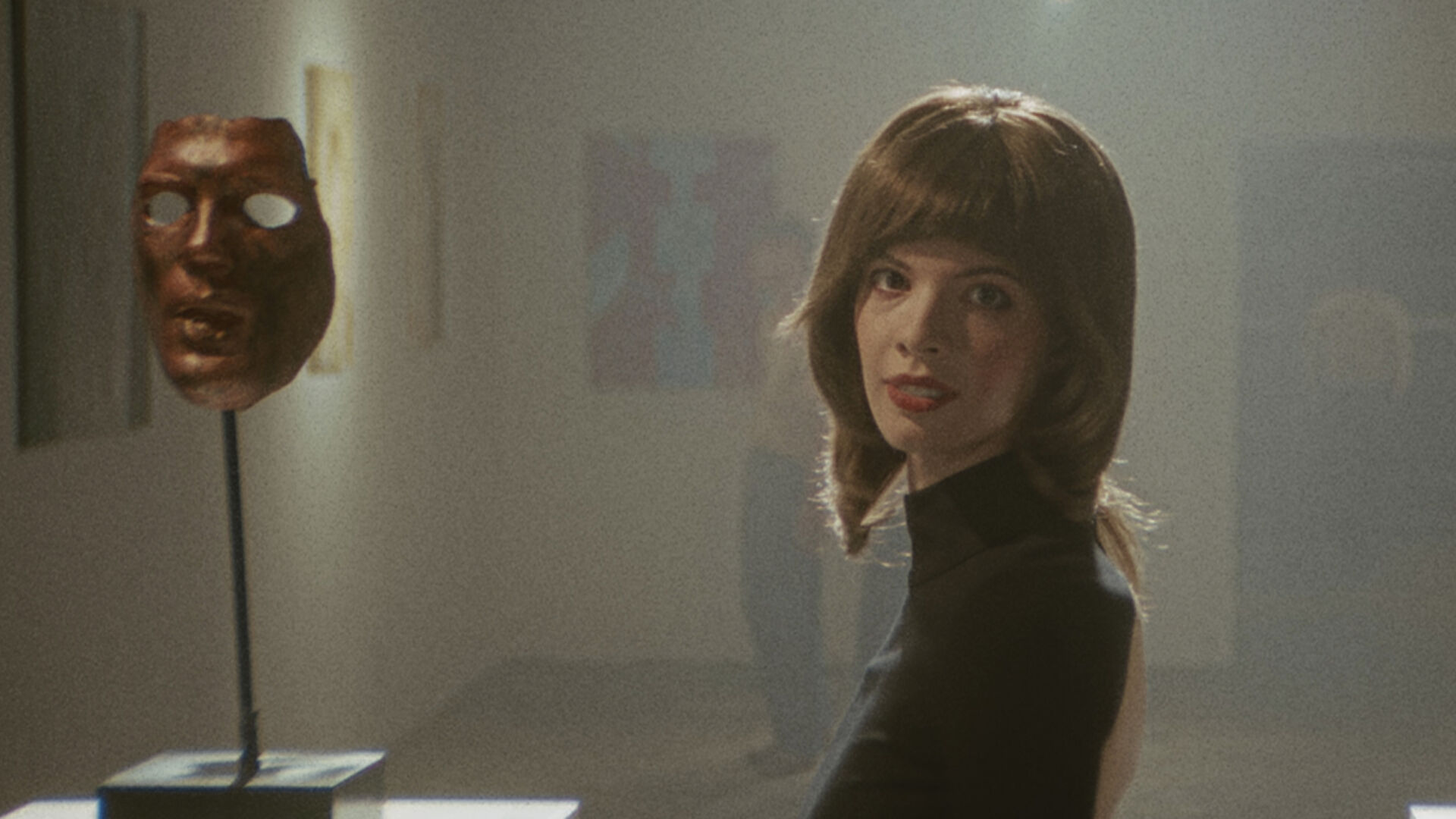
I’m not sure I would describe scrubbing through every movie scene, televised interview, or cast party film in search of harrowing secrets to be “fun” in any traditional sense, but I’ve rarely been more captivated by something so seemingly mundane to the naked eye. Nearly every single frame in Immortality contains a key that opens up the story, meaning all of the clips teem with potential. Every object feels deliberately placed, every facial expression essential, every line of dialogue expressed exactly the way it should be. And I wanted to see it all.
To be honest, I wasn’t going to write about Immortality much at all for fear of potential spoilers (stay tuned; we’re planning a spoiler-cast). It’s probably best to examine this title through discussion rather than a multi-thousand-word manifesto. I’ll only add this: Immortality is like nothing I’ve ever played, and truly a high water mark for the medium for reasons that are difficult to describe to those who haven’t played it. It’s a triumph, and notably one atop my Game of the Year list as of this writing.
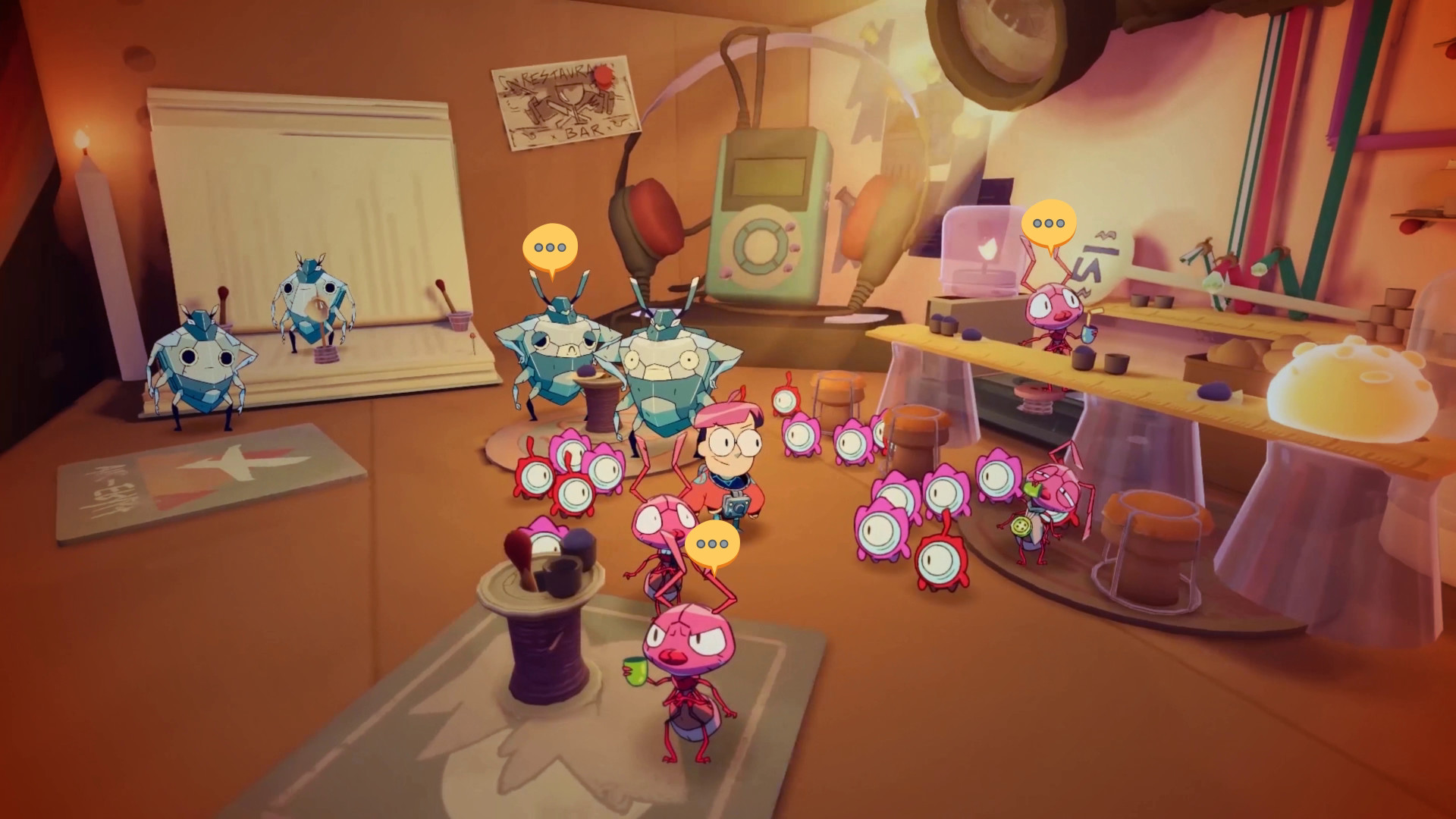
LIGHTNING ROUND!!!!!!!!!!!!!!!!!!!!!!!!!
–Tinykin, a wonky but delightful 3D platformer available on Game Pass, combines classic collectathon architecture (à la Banjo-Kazooie or Donkey Kong 64) with Pikmin-like mini-battalion mechanics, all in an environment reminiscent of Honey, I Shrunk the Kids. It suffers from a number of camera issues and largely boring writing, but the actual gameplay challenges can be a blast to play, and each level exudes fun and character at every turn.
-After finishing Assassin’s Creed IV: Black Flag and all of its DLC, I decided to take a crack at Assassin’s Creed Rogue, a polarizing and somewhat forgotten entry in the franchise. Mechanically, it’s basically Black Flag but a little bit worse, though I appreciate the character writing, story twists, and exploration of a time period I personally don’t know enough about.
-I replayed Portal 2 recently for the first time in over a decade, and honestly? It’s one of the best games of its generation, and possibly one of the best games ever. Even 11 years after its release, I have virtually no major criticisms of Portal 2.
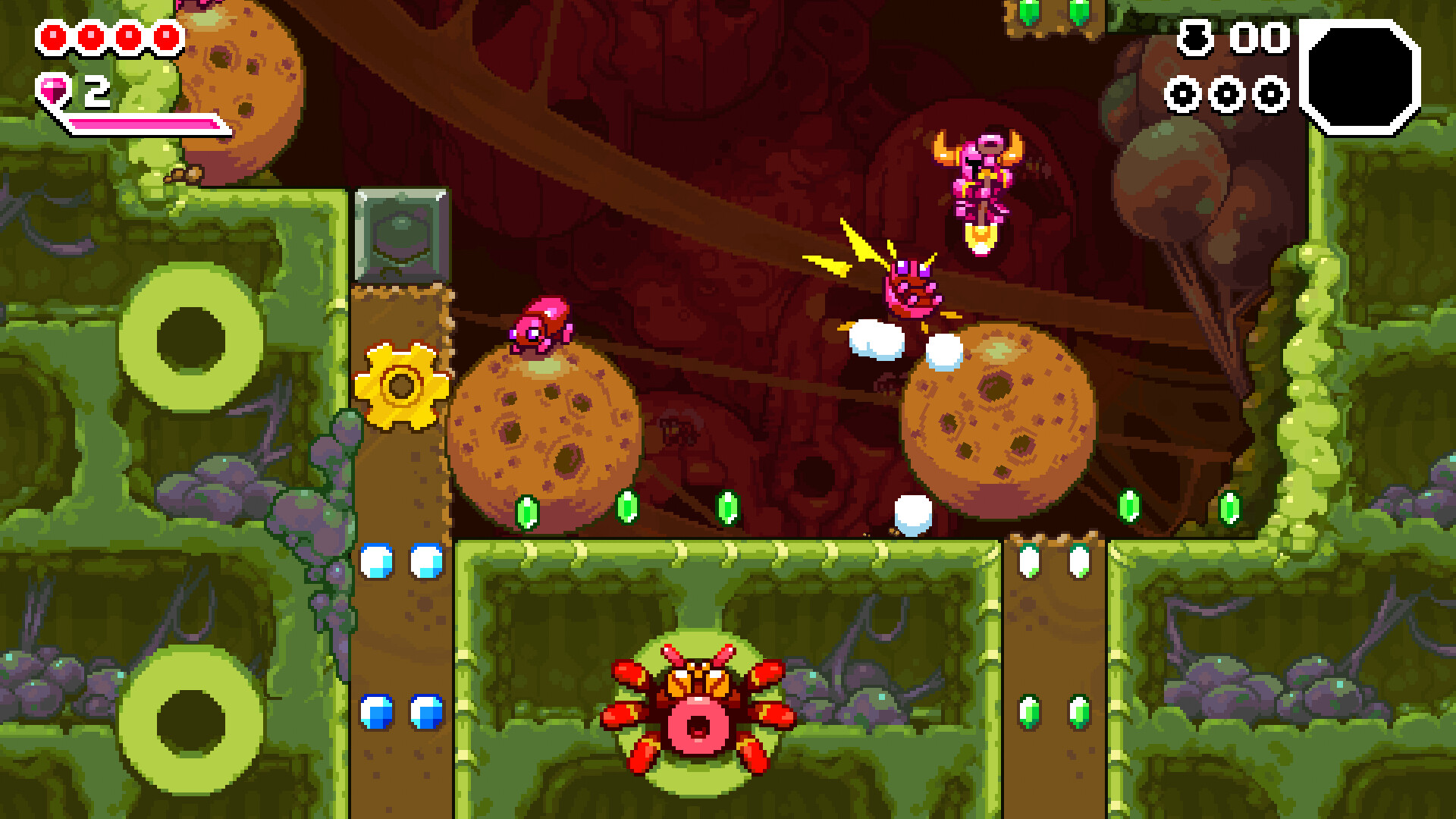
–Shovel Knight Dig, a roguelite prequel to Yacht Club Games’ excellent Shovel Knight series, manages to expertly balance roguelite challenge and risk with sharp 2D action to create an exuberant and addicting (though still relatively short) experience. Also, the music kicks ass.
-The new trailer for The Super Mario Bros. Movie actually has me pretty hyped for the film, especially with Jack Black’s performance as Bowser. While Chris Pratt’s Mario voice wasn’t bad or distracting, I still just think he sounds like Linda Belcher.
-More than five years after acquiring a Nintendo Switch, I finally purchased a Pro controller, and I’m ashamed of myself for waiting this long. It might be one of the functionally and ergonomically best controllers Nintendo has ever made, and I feel like an idiot for playing with the joy-cons in docked mode for so long.
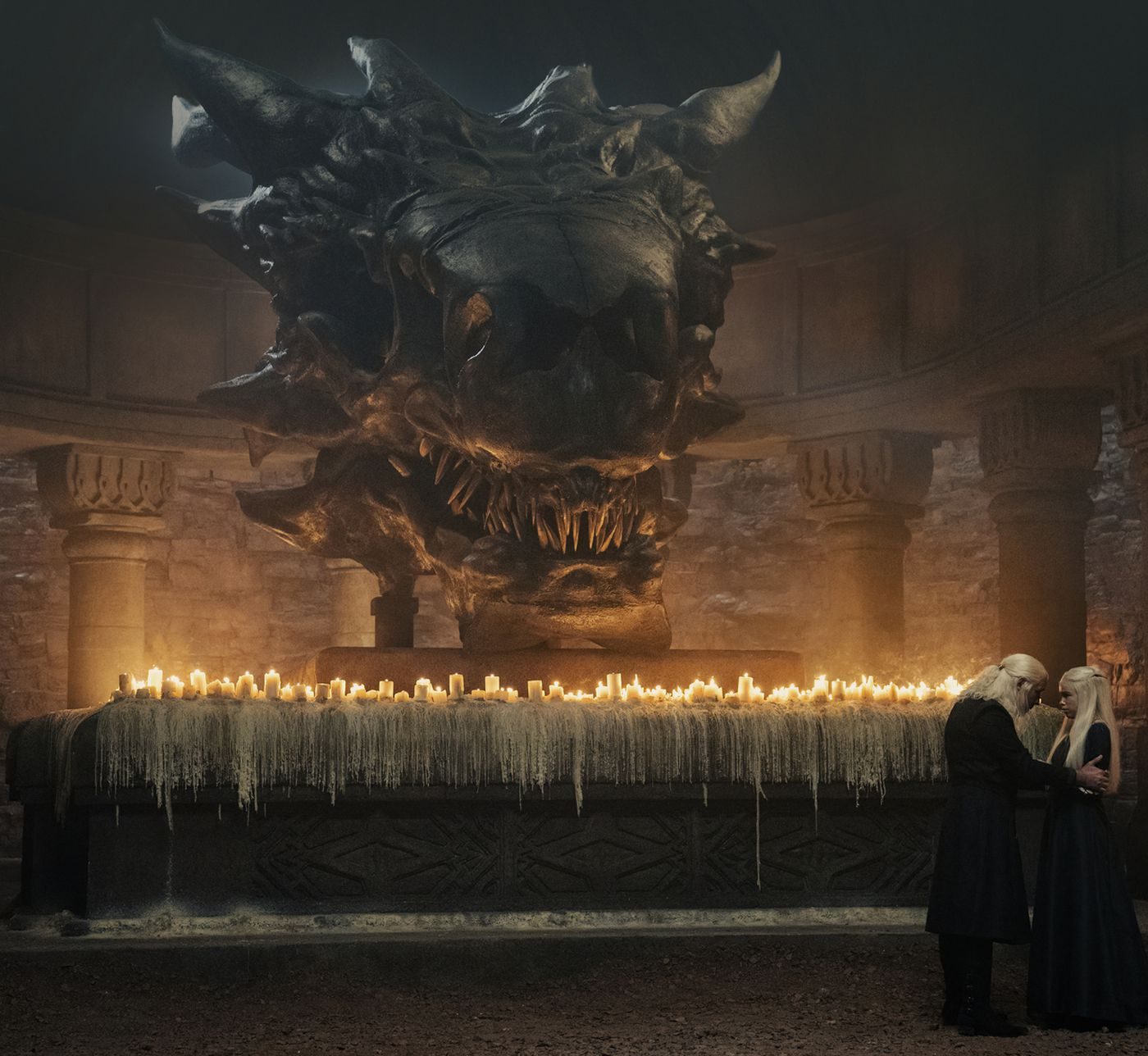
–House of the Dragon and Rings of Power, the latest prestige television prequels to Game of Thrones and The Lord of the Rings, respectively, are pretty good shows that I genuinely enjoy watching each week (personally, I prefer House of the Dragon’s political soap opera over Rings of Power’s expensive take on good vs. evil). But they highlight an issue with the current genre fiction environment in TV and film: So much of what we watch now (with certain exceptions, obviously) just feel like worse versions of things we really like. At its best, House of the Dragon barely eclipses what Game of Thrones accomplished, and Rings of Power mostly makes me appreciate Peter Jackson’s films even more (except for his Hobbit trilogy).
Sam has been playing video games since his earliest years and has been writing about them since 2016. He’s a big fan of Nintendo games and complaining about The Last of Us Part II. You either agree wholeheartedly with his opinions or despise them. There is no in between.
A lifelong New Yorker, Sam views gaming as far more than a silly little pastime, and hopes though critical analysis and in-depth reviews to better understand the medium's artistic merit.
Twitter: @sam_martinelli.


